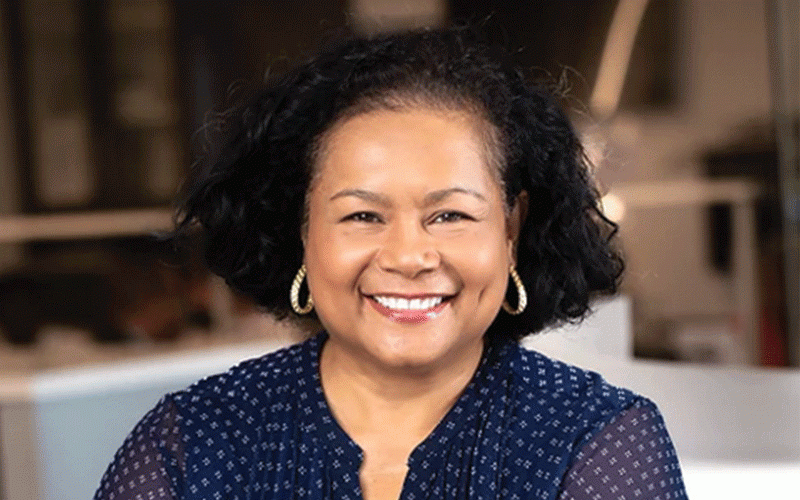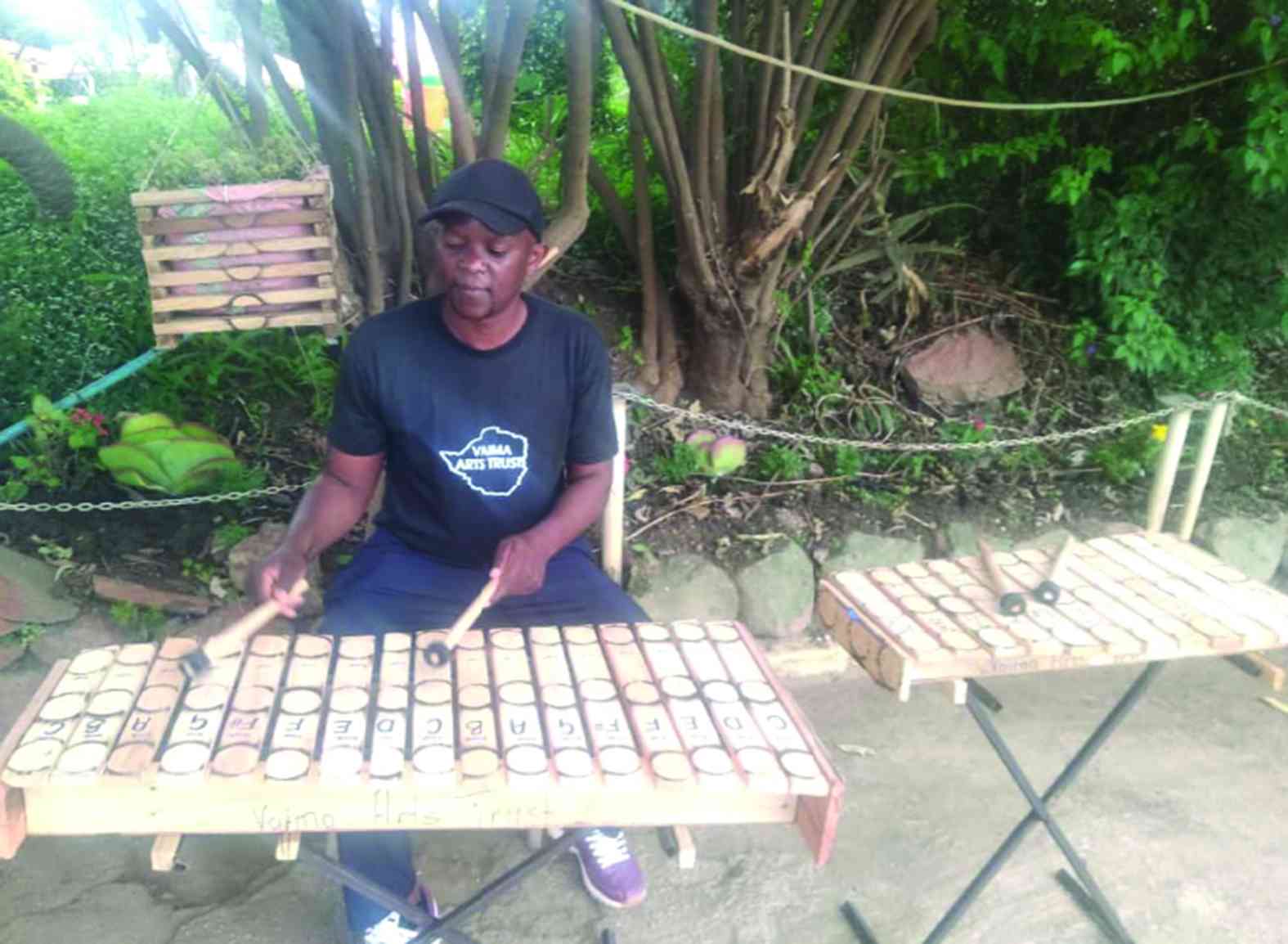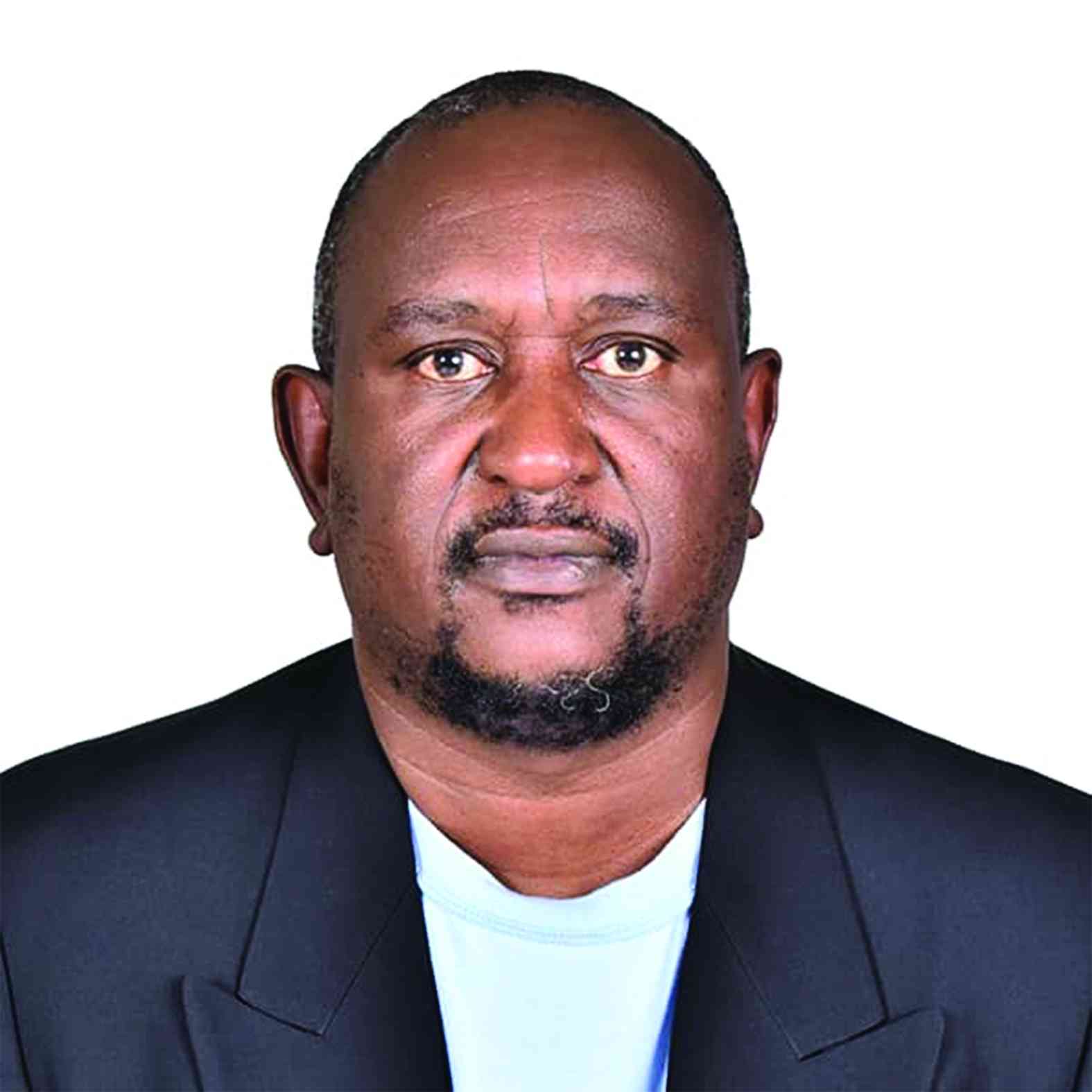
THE discussion emphasises the importance of mentorship in leadership, highlighting its role in creating a growth-oriented environment and aligning team members with organisational goals.
It also highlights practical barriers to mentorship, such as resistance to change, which can be overcome by clear communication, transparency and walking alongside team members through the change process.
(JN) interviewed Terumi Echols (TE) during my visit to Mexico for the Media Associates International (MAI) Littworld Christian Publishing Conference. Terumi Echols is president and publisher of InterVarsity Press (IVP) in suburban Chicago, USA.
She serves on the executive committee of the Evangelical Christian Publishers Association and the board of the National Association of Evangelicals in the USA.
JN: Why is mentorship important to a leader?
TE: It’s important to a leader because it helps form their organisation.
Leadership is primarily about creating an environment where people can be successful and help you accomplish the goals you set.
From a strategic planning, goal setting and goal accomplishment standpoint, mentorship gives you the opportunity to create growth opportunities for your team and push the vision of your organisation.
- The crucial role of mentorship in leadership
Keep Reading
Much deeper than if you were to just speak to them.
You are helping them learn as they go through the process. That’s why I think mentorship is important from a leadership standpoint.
JN: What are the models or strategies of mentoring?
TE: There are multiple ways. Leading by example is always important. It gives you an opportunity to not only create a vision but also to walk that vision out for your team.
There is also the idea of setting up opportunities for not only you as a leader or your leaders, but for people who are in management or who you consider leaders, to give them an opportunity to work with their teams to create projects.
These projects will expand their thought processes and ways of thinking about not only the goals of the organisation but also how to accomplish those goals.
From a mentorship and coaching standpoint, you can create opportunities where it gives you time to speak into what they are doing, what they are learning, and push them to learn more versus doing what they have always done.
JN: What is self-development and how important is it to a leader as an individual and to an organisation as a whole?
TE: You need to be self-developing regularly, and it should be daily if possible. Self-development is not simply about doing the work we are doing.
It’s also about asking questions about what we have done and gaining additional knowledge around those things.
You can learn not only from other leaders but also from your teams. So I think there is self-development in connecting with individuals who are also doing the work and engaging in symbiotic learning.
In some ways, you are casting vision, creating strategic plans and setting goals, but you can actually learn from the people who are doing the work.
From that standpoint, there is self-development in staying connected with the people on the ground and actually doing the work.
There is also the idea of learning from others.
Self-development involves reading books, listening to webinars, and, further than just listening and reading, taking time to work with someone and discuss those things.
That will help broaden your philosophy, analytical thinking, people skills, process mastery and problem-solving skills.
JN: How important is mentorship to a leader other than mentoring others?
TE: A leader should always have a mentor, someone they can speak to and who helps them think differently.
They need someone, and they don’t necessarily have to be in the same business or realm of work.
They bring energy and challenge you to go higher, asking questions you may not have thought of, especially if they are outside your industry.
The idea is to have someone with whom you can talk through different thought processes and bring a different viewpoint to what you're doing.
So having a mentor actually does that. I have a mentor and that’s what he does for me.
I consult him when I’m stuck or when I feel that I’m up against circumstances that seem too big for me to work through.
He asks critical questions that get me to think a little bit differently than where I might be in the moment, especially if I am stuck or struggling.
JN: So Jesus himself had 12 guys who he mentored for three and a half years. So how do I take that model and use it in a corporate space or any government institute? Is the Jesus model applicable in our everyday life?
TE: I think you can do that in a workspace. Absolutely, from a mentor-mentee standpoint, having a group of people, whether it’s, for instance, me and my executive team.
I have nine people who report to me, which is a lot, but each one of them has a specialty area.
Great leaders surround themselves with people who have specific skill sets so that it becomes a scenario where iron sharpens iron.
I don’t need to know it all because I have a wonderful team.
For example, for tech issues, I have someone who can speak into things that help me think differently about technology.
Similarly, Jesus had his disciples and spoke into their lives, but he also walked with them, identified their weaknesses and helped shore them up while learning from them in his human state.
The same is true for us. We have mentees that we work with regularly, but as mentors, we are learning from them as well.
It has to be a two-way street. It can’t always be about giving out; it has to also involve taking in.
JN: So how do you generally create a culture of growth in any organisation?
TE: The biggest thing is being open to models of growth and ways of encouraging a learning organisation.
From a leadership standpoint, most of us feel we have to have all the answers because we think our teams expect us to.
But the reality is that we can’t possibly have all the answers.
We don’t have enough experience. We may have been doing this for many years, but there are still things we don’t know.
We have to be willing to accept that we don’t know everything.
That’s one of the biggest challenges for leaders — we don’t want to admit that we don't know.
But the moment we admit it, we open ourselves up to learning opportunities.
Being open to learning improves the mentor-mentee relationship because we are learning from them and they are learning from us.
Remember, the reason we are in leadership is because we have certain skill sets that we can offer to our teams, the organisation, the government, or wherever we work.
But there are still things we need to learn in the process. So the biggest thing is admitting the Kaizen principle or continuous learning, accepting that we can’t know it all, and being transparent about it.
That actually gives you the freedom to not know and the power to start learning. So I think the biggest thing for a learning organisation is this openness.
JN: As a leader, don’t I face the threat of mentoring people who will, in turn, rise to become bigger and better than me and take my job?
TE: I actually had someone ask me a similar question once, and I said: “You tell me what you want from me and what you need to know. I’m willing to teach you anything I know, and I'm happy to answer any questions. We can learn together on things I don't know, so we can progress.”
And he said, “If you teach me everything you know, aren't you worried that I'll take your job someday?”
And I said, “No, I’m not worried because I bring something unique in how I manage and handle things. I have no worry that you might take my job because you can't be me. You might be able to do the various things I can do, but you won’t be able to put them together in the same way I can.”
So from a leadership standpoint, the leader needs to recognise that they bring something unique to the position and the role.
Knowing that you are inherently unique, endowed, gifted and talented makes you free to teach and be willing to say, “I know you might take my job one day.”
You’re supposed to help people become themselves and even become better than you. My hope is that along the way, I'm going to continue to learn.
The more you empower others to move from being followers to leaders, the more you increase your personal leadership, grow your legacy, and scale up production.
As I continue to learn, it will be really hard for anyone to out-learn me.
JN: There are barriers to mentorship. Some organisations suffer from secretiveness and bureaucratic processes, making it hard for mentorship to thrive. Can you take us through those barriers that leaders must fight?
TE: One of the biggest barriers is people’s resistance to change.
People are generally resistant to change because they don’t know what to expect.
Part of our job as leaders is to help them reach a place where they are willing to try something new.
It’s not about trying to get them to change everything they are doing, as that makes people think whatever they are doing now is wrong.
We have to find the good things in what they're doing and help them see what can change.
You need to walk alongside them in the change. I’ve had opportunities where I’ve had to make significant changes, and one of the things you have to do is tell people why change is necessary.
Help ensure they understand why they need to change, and be open enough to let them ask questions.
Questions are hard when you are in leadership because you never know what the questions will be.
So you have to be willing to be transparent and walk alongside them in the actual change process.
Anytime you ask them to do something, walk alongside them, and that doesn’t mean you have to be with them every time.
Be willing to be available if they have questions and challenges.
How do I manage the challenge I’m up against? They may have a teammate who doesn't want to do the same things they do, so you have to help them learn that as well.
JN: As we end, what are the three books that you readily recommend to a leader?
TE: One of my main books is Difficult Conversations: How to Discuss What Matters Most. The reason I recommend that book to leaders is primarily because it helps you think differently about conversations you're engaged in.
Oftentimes, we come to a conversation with preconceived notions about how it will be, how it will end, and what I need to say to get my way.
But a difficult conversation is actually a place where you step back and ask: “What is this person actually saying to me, and how do I need to understand them to get to where I need to go?”
It's not just about my conversation or what I need to accomplish. It's about understanding how they perceive what we're talking about. How do I get from there to where I need to be? So it's a different approach.
Rather than coming at it head-on, which is what we often do as leaders, it’s about stepping back and asking, “How do I need to understand you to make sure I'm getting this accomplished?”
The other book I recommend is Necessary Endings: The Employees, Businesses, and Relationships That All of Us Have to Give Up in Order to Move Forward.
The reason I recommend this to leaders is primarily because it talks about the ability to know when to let something or someone go from a business standpoint.
It walks you through how to think through that process and manage the people affected by that process.
We all face circumstances where we have to eliminate staff, a position, or even let go of a friend.
That is a really tough situation, but it’s a good book that helps you think through the process.
It helps you think through it when people are not doing well, so they know the areas they need to improve.
It gives you the freedom to talk to them about it and the freedom to have the conversation about what is not working. It’s brilliantly written.
The third book I recommend is Emotional Intelligence: Why It Can Matter More Than IQ.
It takes you through a pathway, not only for you but also for your managers, to learn what their emotional intelligence level is and where they might need development.
This book is interesting as it guides your approach to questions and conversations.
I’ve gone through that with a number of people and it’s been enlightening for them, helping them learn where their weaknesses are and work on those weaknesses.
- Jonah Nyoni is an author, speaker and leadership trainer. He can be contacted on X @jonahnyoni. WhatsApp: +263 772 581 918











